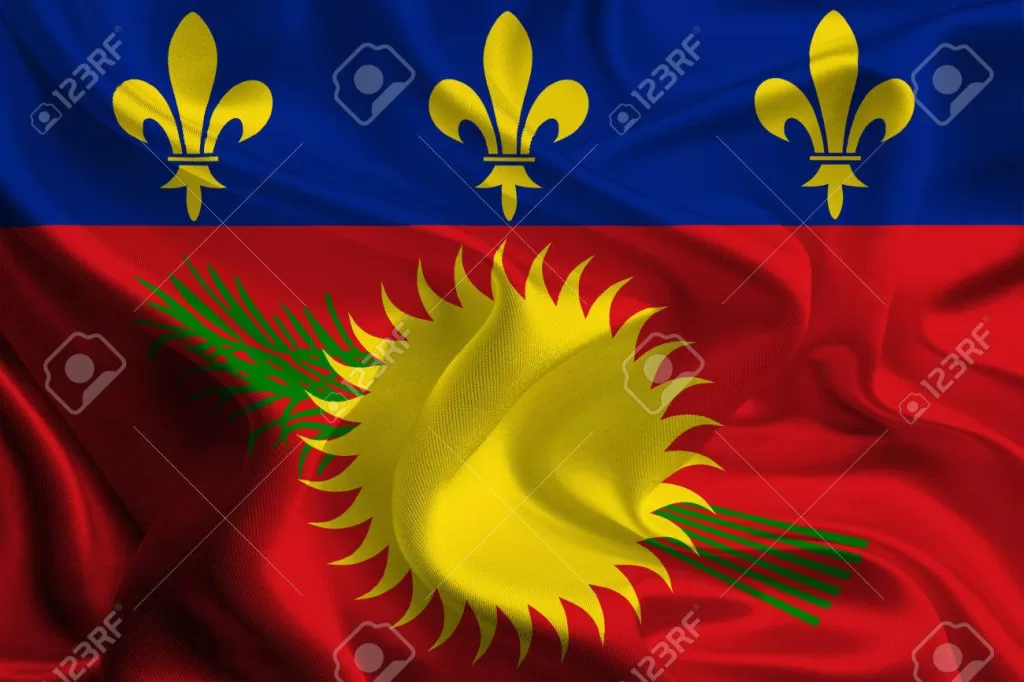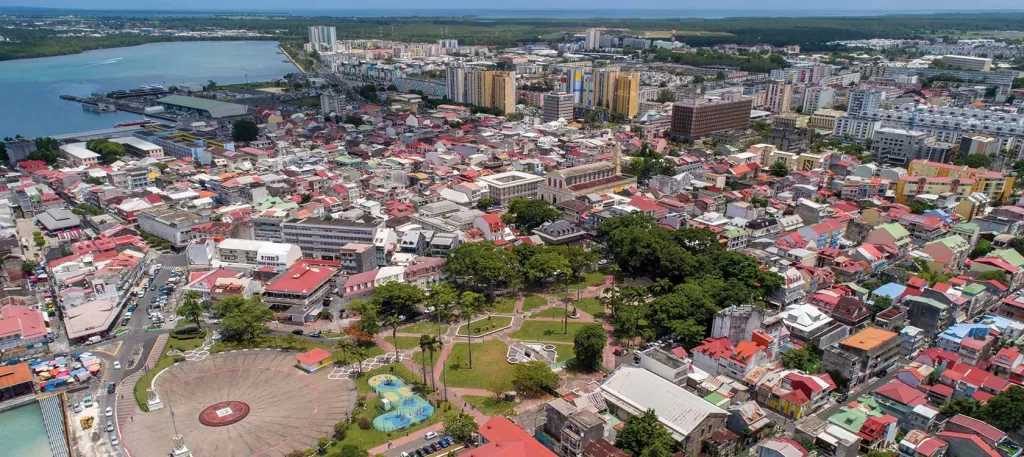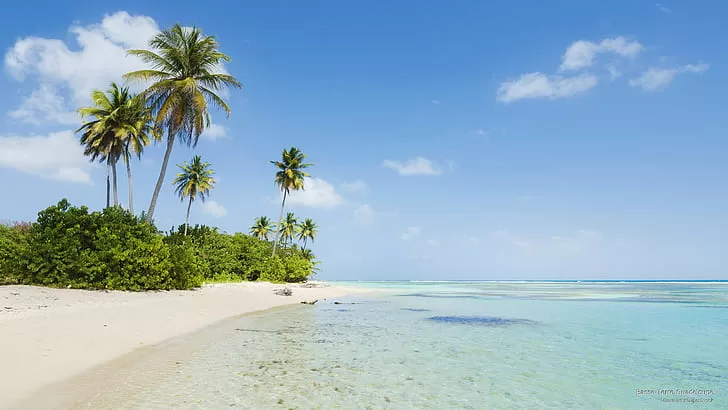Guadeloupe Country Report

Guadeloupe, an overseas region of France located in the Caribbean, is known for its stunning natural beauty, rich cultural heritage, and vibrant Creole culture. The archipelago consists of several islands, with Basse-Terre and Grande-Terre being the main ones. Guadeloupe boasts beautiful beaches, lush rainforests, and volcanic landscapes, including the iconic La Soufrière volcano. The capital city, Basse-Terre, features charming colonial architecture and bustling markets. Guadeloupe’s economy is based on tourism, agriculture (especially banana production), and rum distillation. As an overseas region of France, Guadeloupe is governed by French law and benefits from French infrastructure, healthcare, and education systems. The political system is a parliamentary representative democracy, with the Prefect of Guadeloupe representing the French government. Despite its natural beauty and economic potential, Guadeloupe faces challenges such as unemployment, economic inequality, and vulnerability to natural disasters. Nonetheless, the resilience and cultural richness of its people continue to shape Guadeloupe’s identity as a vibrant Caribbean destination.
Last updated: November 12, 2021
Security
Guadeloupe generally maintains a stable security environment, with low levels of violent crime compared to many other Caribbean islands. However, like any destination, petty crime such as theft and pickpocketing can occur, especially in tourist areas. The local authorities are committed to ensuring the safety of residents and visitors, with a visible police presence in major cities and tourist areas. Additionally, efforts to combat drug trafficking and other transnational crimes are ongoing, with cooperation from international partners. While Guadeloupe is considered relatively safe, travelers are advised to exercise common sense and take precautions to protect themselves and their belongings, such as avoiding isolated areas at night and securing valuables. Overall, Guadeloupe remains a popular destination for tourists seeking sun, sand, and culture in the Caribbean.
Last updated: November 12, 2021
Infrastructure

Guadeloupe has a relatively well-developed infrastructure that supports its economic activities and tourism industry. The archipelago has a network of roads connecting major towns and villages on the main islands of Basse-Terre and Grande-Terre. Additionally, there are ports and marinas for maritime transport, facilitating trade and tourism. The region is served by several airports, including Pointe-à-Pitre International Airport, which offers connections to other Caribbean islands and international destinations. In terms of telecommunications, Guadeloupe has modern facilities with widespread access to mobile and internet services. While the infrastructure in Guadeloupe is generally reliable, there may be occasional challenges, especially during the hurricane season when natural disasters can impact transportation and utilities. Overall, efforts are made to maintain and improve infrastructure to support economic development and enhance the quality of life for residents.
Last updated: November 12, 2021
Environment

Guadeloupe’s environment is characterized by its stunning natural beauty, diverse ecosystems, and rich biodiversity. The archipelago is home to lush rainforests, pristine beaches, and volcanic landscapes, including the active La Soufrière volcano on Basse-Terre. Guadeloupe’s tropical climate supports a wide variety of plant and animal species, many of which are endemic to the region. However, the environment faces challenges such as deforestation, soil erosion, and pollution from agricultural runoff and urban development. Climate change also poses risks to Guadeloupe, with potential impacts including rising sea levels, increased temperatures, and more frequent extreme weather events. Efforts to address these environmental challenges include conservation initiatives, sustainable land use practices, and marine protection efforts.
Additionally, Guadeloupe participates in international agreements and initiatives to mitigate climate change and promote environmental sustainability. Despite these efforts, ongoing vigilance and action are needed to preserve Guadeloupe’s natural heritage for future generations.
Last update: November 12, 2021
Health and Medical
Guadeloupe’s healthcare system provides essential medical services to its residents and visitors, with facilities and services comparable to those found in mainland France. The healthcare system is primarily operated by the French government, ensuring high standards of care and accessibility. The region is home to modern hospitals, clinics, and medical professionals trained to French standards. Additionally, Guadeloupe benefits from France’s universal healthcare system, which provides coverage for residents and visitors alike. However, challenges such as long wait times for specialized care and shortages of medical personnel can occur, particularly in rural areas. Despite these challenges, Guadeloupe’s healthcare system remains an essential component of the region’s infrastructure, contributing to the well-being of its population.
Last updated: December 22, 2021
Political
Politically, Guadeloupe is an overseas region of France and is governed as an integral part of the French Republic. As such, the political structure of Guadeloupe mirrors that of mainland France, with the region being represented in the French Parliament by deputies and senators. The Prefect of Guadeloupe, appointed by the French government, serves as the highest-ranking official in the region and represents the French state locally. Additionally, Guadeloupe elects a Regional Council responsible for managing local affairs and promoting regional development. While Guadeloupe has a degree of autonomy in managing its internal affairs, ultimate authority rests with the French government in Paris. Political parties in Guadeloupe align with those in France, with the major parties including the center-right Republicans and the center-left Socialists. Overall, Guadeloupe’s political landscape is influenced by its status as an overseas region of France, with ties to both the Caribbean and mainland Europe shaping its political direction.
Last updated: November 12, 2021















